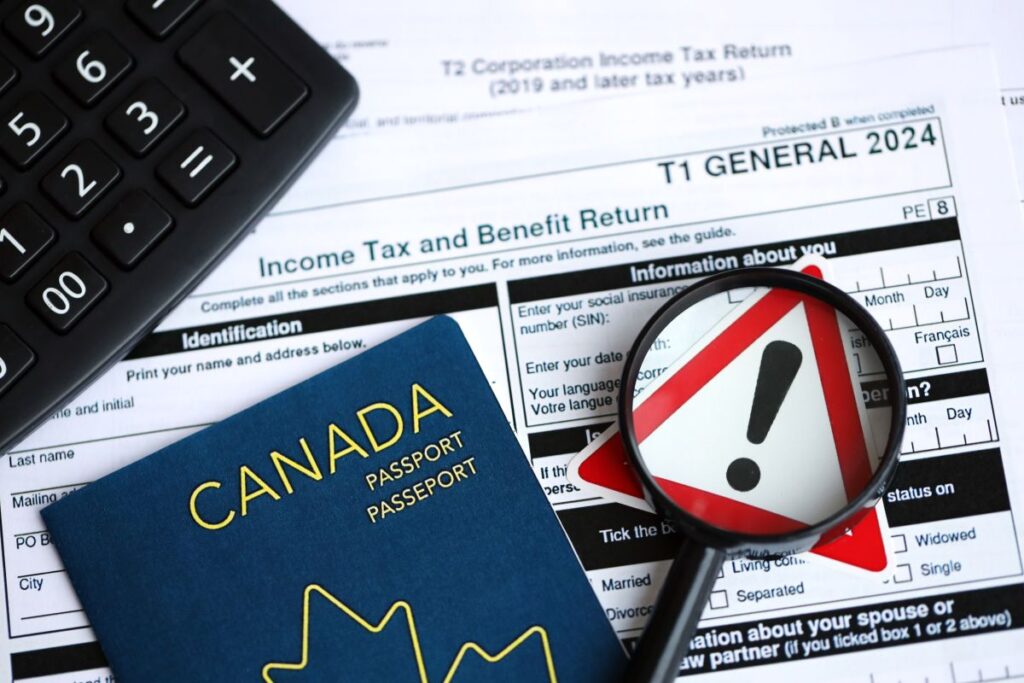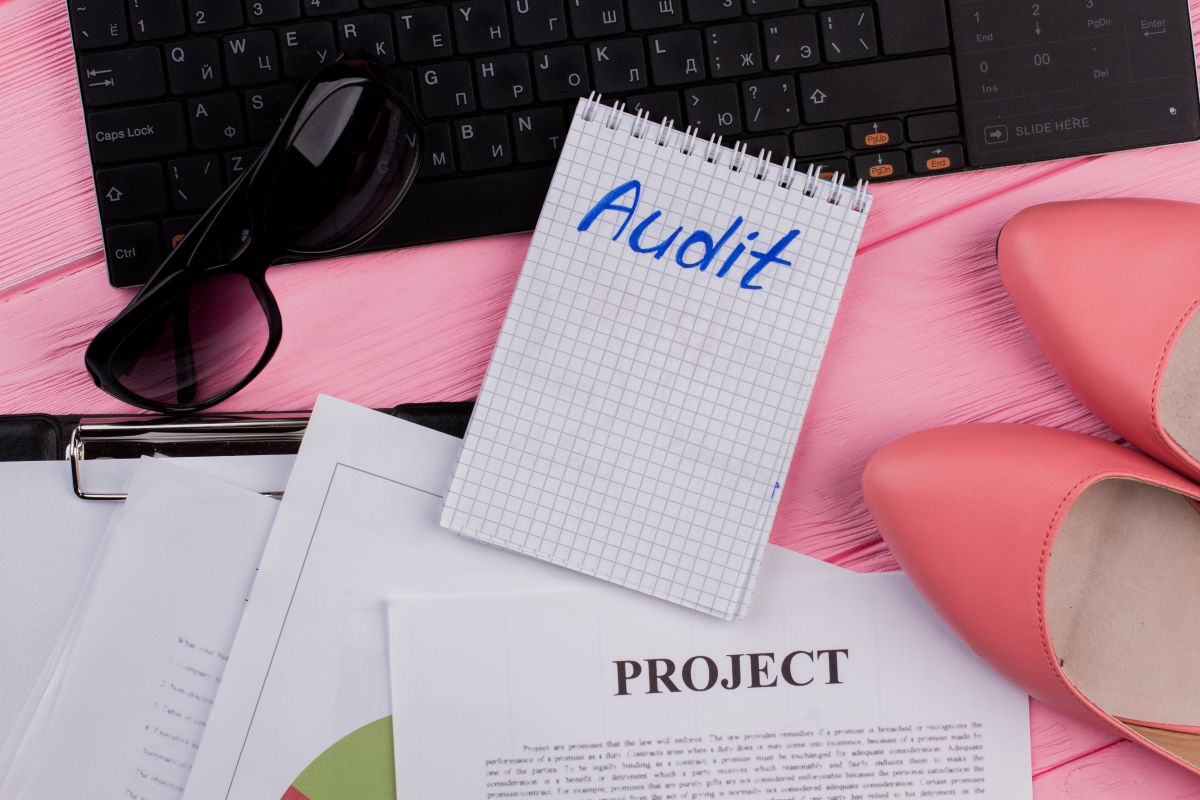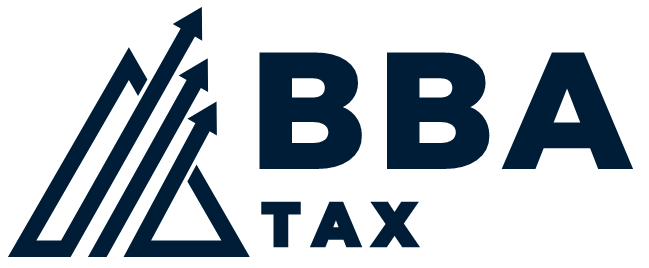Table of Contents
- Introduction — Why CRA Sends Review or Audit Letters
- Review Letter vs Audit Letter — What’s the Difference?
- First Steps to Take When You Receive a CRA Letter
- Documents the CRA Commonly Requests
- CRA Audit Triggers and Red Flags
- Car and Vehicle Expense Audits — A Frequent CRA Target
- How Long Do You Have to Respond to CRA Requests?
- What Happens if You Ignore a CRA Audit Letter?
- How an Ottawa Tax Accountant Helps with CRA Audits
- Your Rights During a CRA Review or Audit
- If You Disagree with the CRA’s Findings — Notice of Objection
- Checklist: How to Stay Audit-Ready Year Round
- Why BBA Tax is Your Best Ally in Ottawa for CRA Reviews and Audits
- Conclusion & Call to Action
1. Introduction — Why CRA Sends Review or Audit Letters
For many Canadians, nothing feels more stressful than opening the mailbox and seeing an envelope from the Canada Revenue Agency (CRA) marked “Review” or “Audit”.
The CRA sends review or audit letters when they want to verify the accuracy of your tax return. Sometimes it’s a routine check, sometimes it’s a targeted review of certain deductions, and sometimes it’s a deeper audit of your business records.
While receiving one of these letters can be nerve-wracking, it does not automatically mean you’ve done something wrong. CRA reviews are common, and many are resolved quickly with proper documentation.
The key is knowing how to respond properly — and when to bring in an Ottawa tax accountant to represent you.
2. Review Letter vs Audit Letter — What’s the Difference?
CRA Review Letter
- A review is often called a “desk audit” or “pre-assessment review.”
- CRA typically asks you to send copies of receipts, T-slips, or supporting documents.
- Common reviews involve medical expenses, childcare, moving expenses, or tuition credits.
- Reviews are usually resolved by mail or electronic document submission.
CRA Audit Letter
- An audit is more serious and in-depth.
- CRA may request full financial records, bank statements, invoices, contracts, and mileage logs.
- Audits may involve an in-person visit to your home or business.
- They can cover multiple years and often focus on business owners, self-employed individuals, or corporations.
3. First Steps to Take When You Receive a CRA Letter
- Read carefully. Understand exactly what the CRA is asking for. Note deadlines.
- Don’t ignore it. CRA letters have strict response timelines. Ignoring them can result in reassessments or penalties.
- Gather documents. Collect receipts, invoices, bank statements, mileage logs, or whatever is requested.
- Check for accuracy. Make sure the documents match what you reported on your return.
- Contact a tax accountant. If the request is complex, or you’re unsure how to respond, call an Ottawa tax accountant like BBA Tax.
4. Documents the CRA Commonly Requests
Depending on your situation, CRA may ask for:
- T4 slips, T5 investment income slips, or T3 trust slips.
- Receipts for childcare, medical expenses, or donations.
- Rental agreements, mortgage statements, or property tax bills for rental claims.
- Business invoices, sales records, expense receipts, and bank statements.
- Vehicle logbooks and fuel/repair receipts for car expense claims.
- Payroll records if you run a business with employees.
- GST/HST filings to match against reported income.
Keeping accurate records year-round is the best way to be ready if CRA calls.
5. CRA Audit Triggers and Red Flags

CRA doesn’t randomly audit everyone. Their systems flag tax returns that:
- Have large or unusual deductions compared to reported income.
- Show mismatches with T4s, T5s, or third-party slips.
- Claim vehicle or home office expenses that seem high.
- Report cash-heavy income (restaurants, contractors, rideshare drivers).
- Have inconsistent GST/HST filings vs income.
- Were flagged by tips or third-party complaints.
Pro tip: Even if you’re honest, sloppy recordkeeping can trigger unnecessary audits.
6. Car and Vehicle Expense Audits — A Frequent CRA Target
One of the most common CRA reviews in Canada involves car expenses.
The CRA knows vehicle claims are often inflated. They frequently request:
- A 12-month logbook with odometer readings for each trip.
- Receipts for fuel, repairs, insurance, and lease payments.
- Proof of business use (client meetings, deliveries, schedules).
Best practices for car audit defense
- Keep a detailed logbook — either on paper or using a mileage tracking app.
- Separate business vs personal use.
- Keep receipts for every vehicle-related expense.
- Be conservative with business-use claims.
At BBA Tax, we specialize in car audit defense in Ottawa. If you’ve received a letter targeting vehicle expenses, our accountants can prepare your records and defend your claims.
7. How Long Do You Have to Respond to CRA Requests?
- CRA letters usually give 30 days to respond.
- Extensions may be requested, but you must contact CRA before the deadline.
- If you ignore the deadline, CRA may reassess based on their own assumptions — often not in your favour.
8. What Happens if You Ignore a CRA Audit Letter?
Ignoring a CRA review or audit letter is risky:
- CRA can deny deductions and reassess you for higher taxes.
- Penalties and interest will be added to any amounts owing.
- In serious cases, CRA may escalate to collections or legal action.
Even if you think the letter is a mistake, always respond on time.
9. How BBA Tax Accountant Helps with CRA Audits
In Ottawa ,BBA Tax can:
- Review the CRA letter and explain exactly what’s being asked.
- Gather and organize supporting documents.
- Communicate directly with CRA on your behalf.
- Negotiate or clarify issues with CRA auditors.
- Defend your claims during car audits or small business audits.
- File appeals if CRA reassesses unfairly.
10. Your Rights During a CRA Review or Audit

As a Canadian taxpayer, you have rights:
- The right to professional representation (accountant or lawyer).
- The right to fair treatment and clear communication from CRA.
- The right to appeal decisions if you disagree.
- The right to privacy and confidentiality of your records.
11. If You Disagree with the CRA’s Findings — Notice of Objection
If CRA reassesses you and you disagree:
- File a Notice of Objection within 90 days of the reassessment.
- Provide supporting documents and arguments.
- Your accountant can draft the objection and represent you.
- If the CRA still denies, you can escalate to the Tax Court of Canada.
12. Checklist: How to Stay Audit-Ready Year Round
- Keep receipts organized by category.
- Maintain a mileage log for your vehicle.
- Use a separate bank account for business income/expenses.
- Reconcile bank statements monthly.
- File GST/HST on time and ensure it matches income reported.
- Keep records for at least six years.
13. Why BBA Tax is Your Best Ally in Ottawa for CRA Reviews and Audits
At BBA Tax, we help Ottawa individuals and small business owners:
- Respond to CRA review and audit letters.
- Defend against car and vehicle audits.
- File accurate personal and corporate tax returns.
- Keep bookkeeping audit-ready.
- Incorporate and manage finances strategically.
When CRA comes knocking, you don’t have to face it alone. Our Ottawa accountants represent you, communicate with CRA, and protect your financial interests.
14. Conclusion & Call to Action
Receiving a CRA review or audit letter can feel overwhelming — but it’s manageable when you know what to do.
- Read carefully.
- Respond on time.
- Provide accurate documents.
- Call an accountant if you’re unsure.
For Ottawa residents and small business owners, BBA Tax is here to defend your rights, protect your claims, and give you peace of mind.
📞 Contact BBA Tax today if you’ve received a CRA review or audit letter — we’ll make sure you respond the right way.



